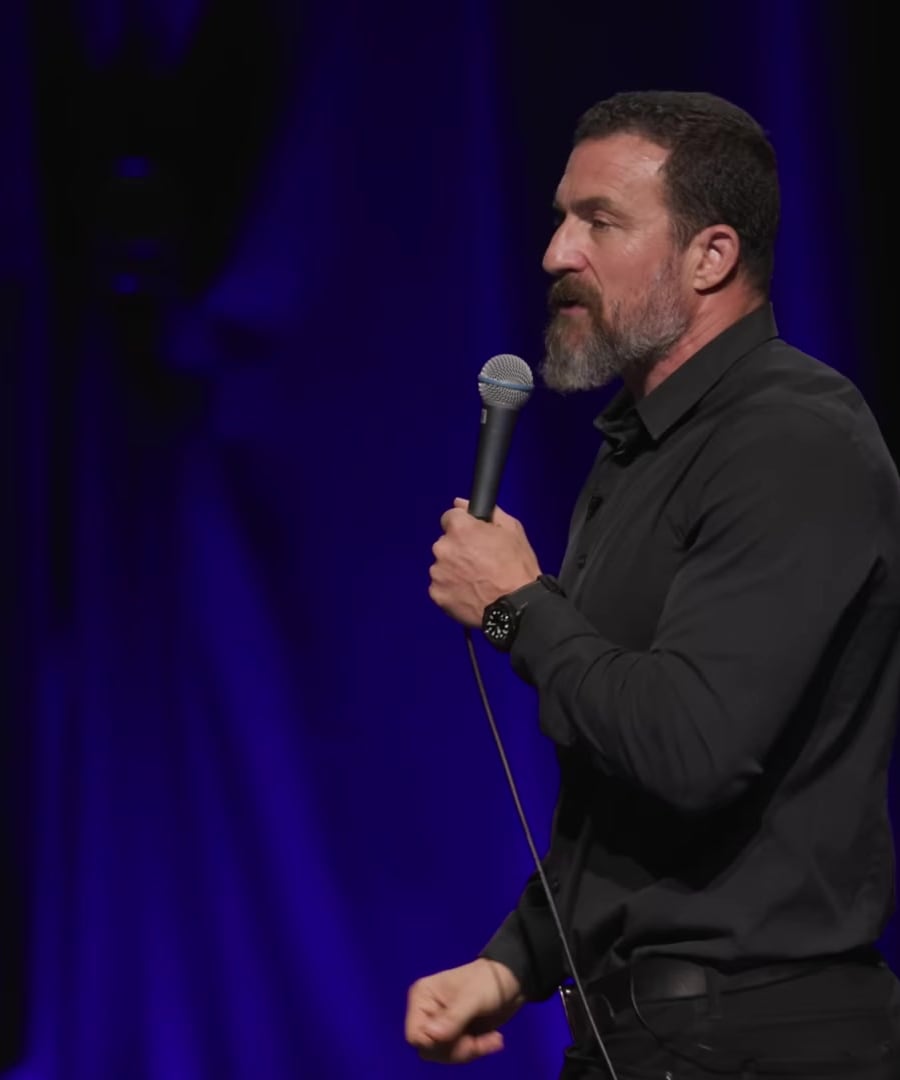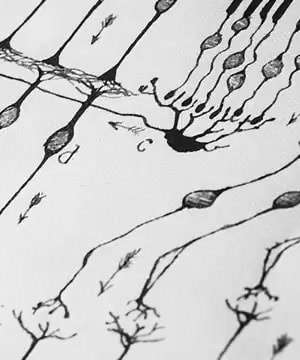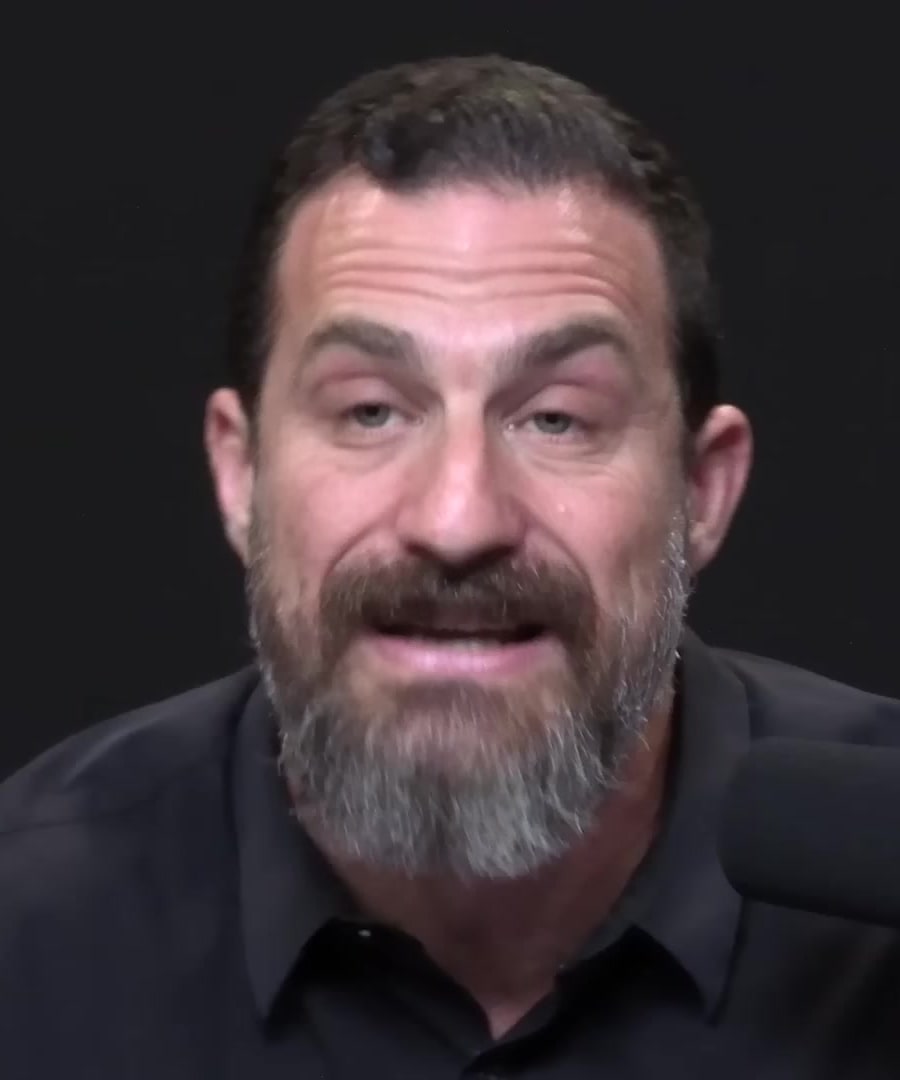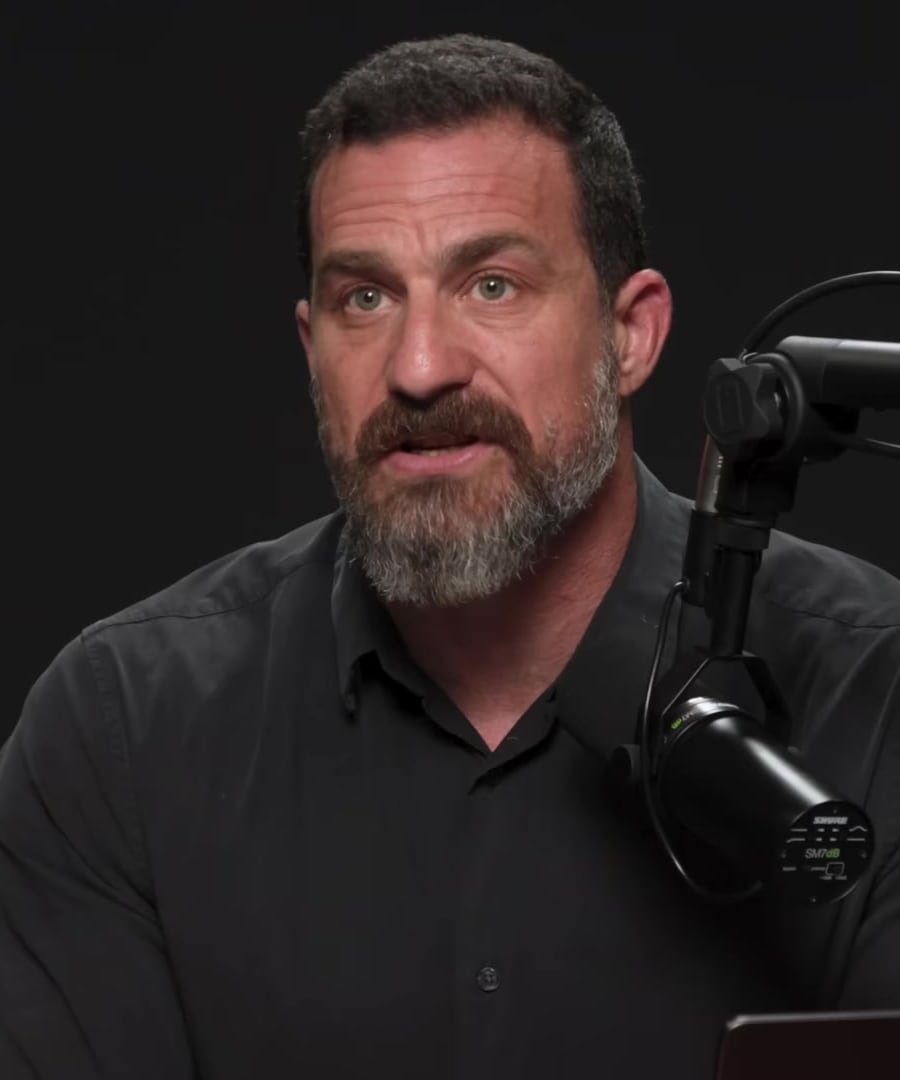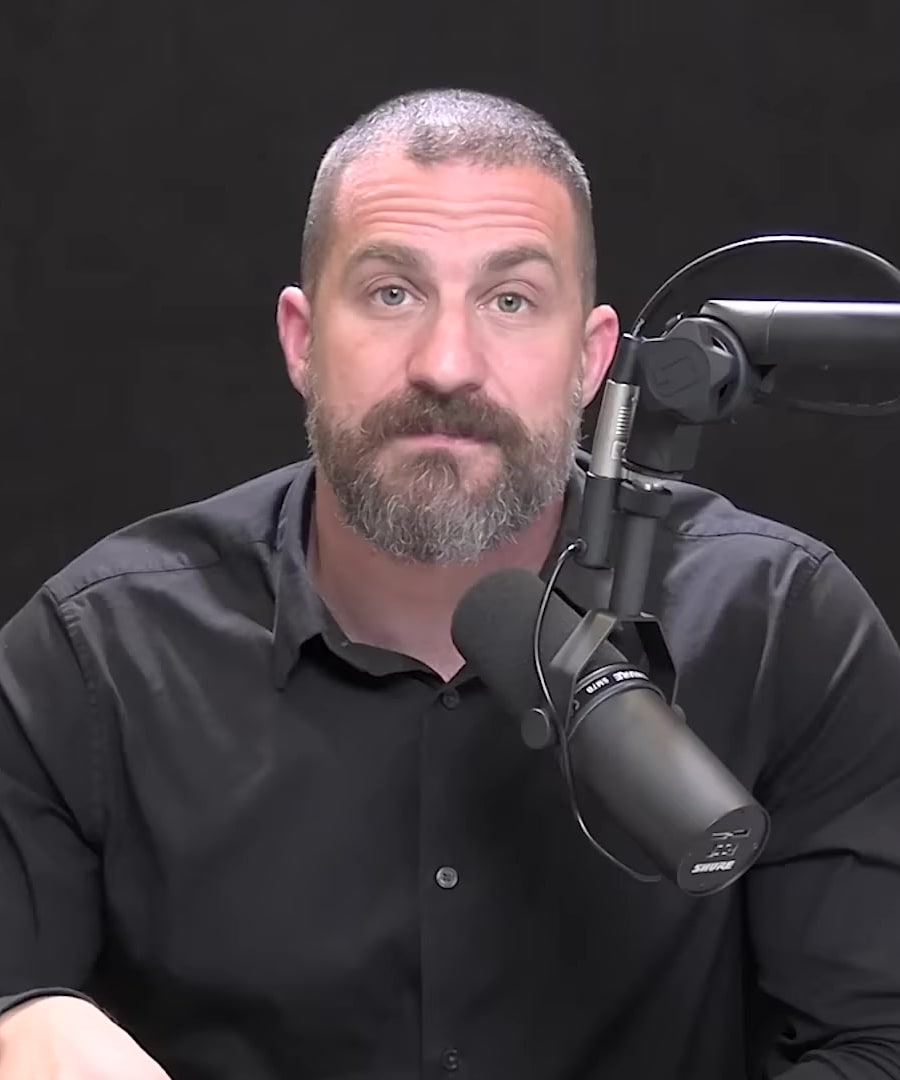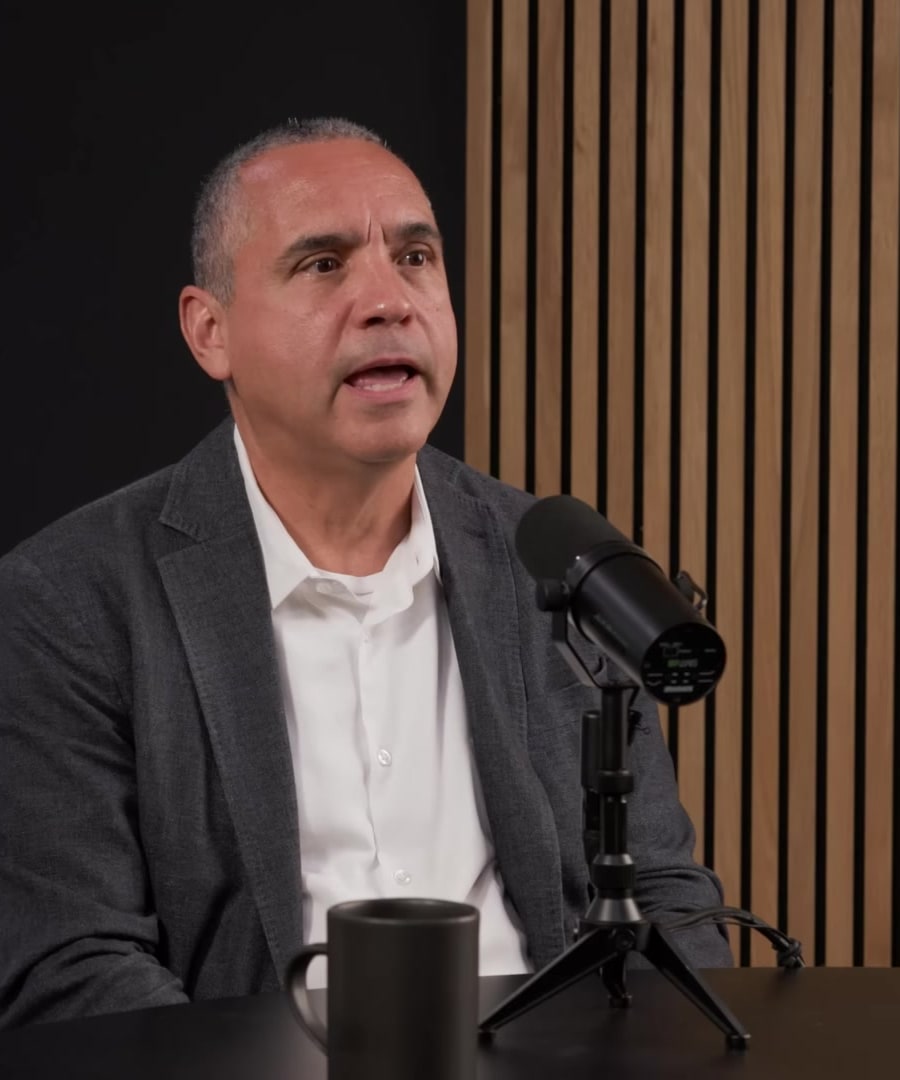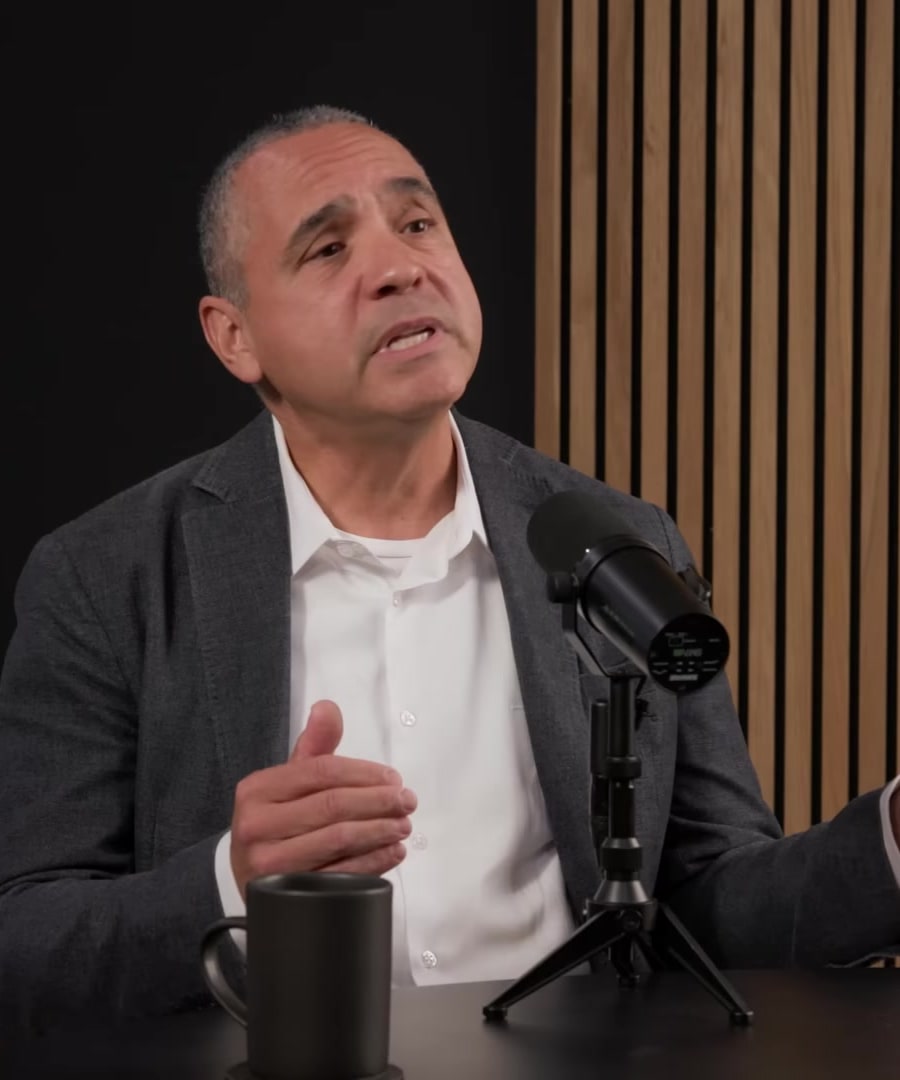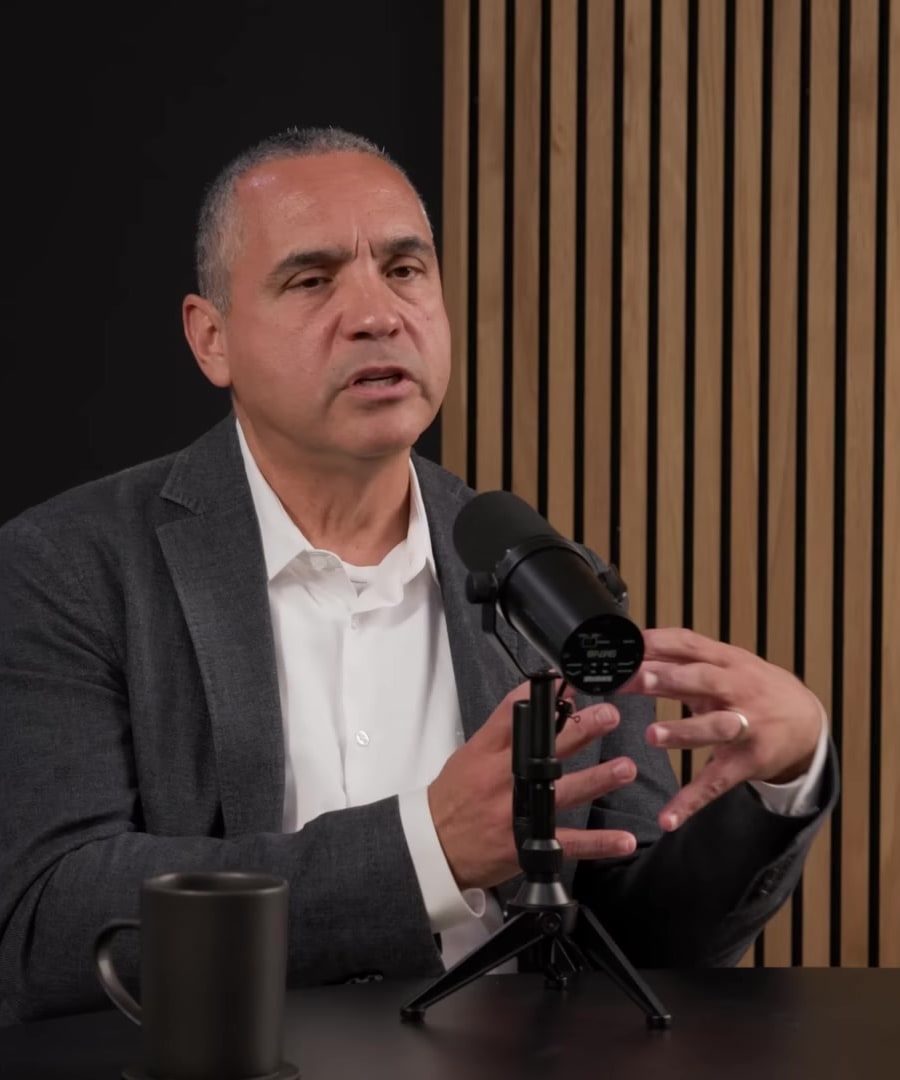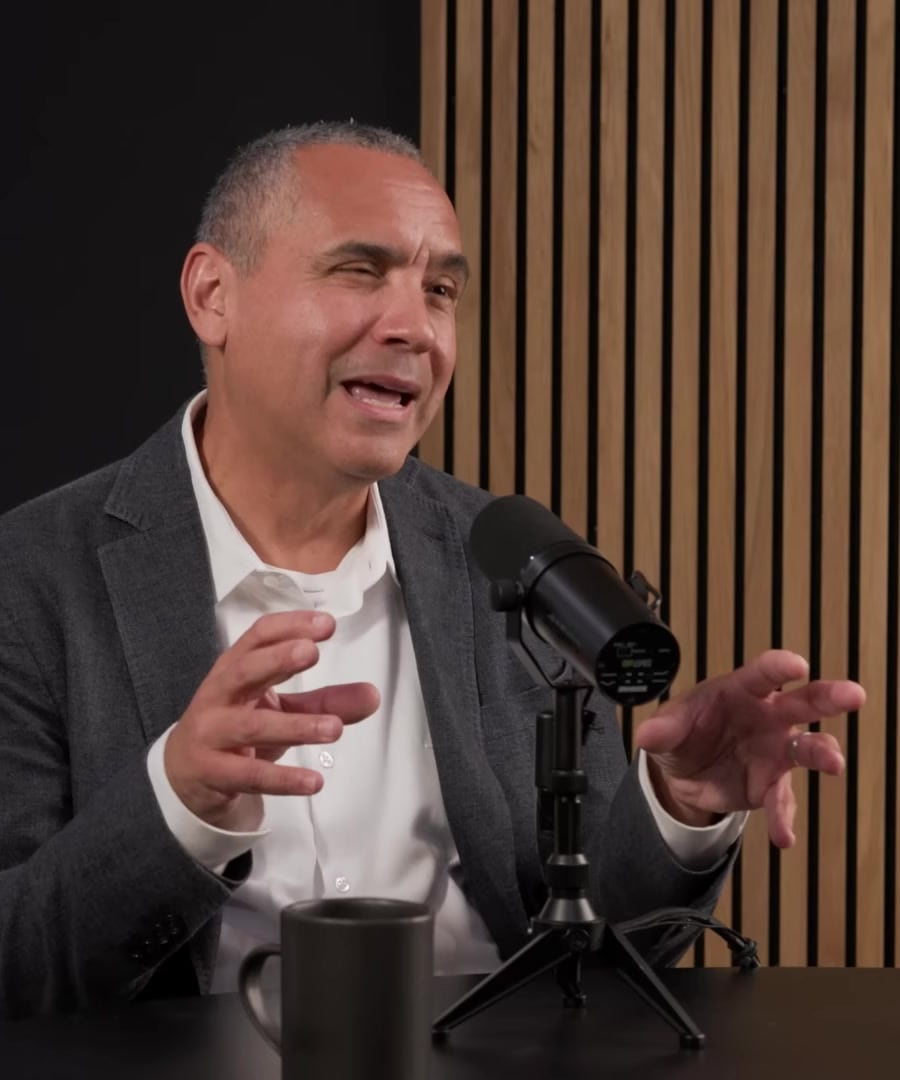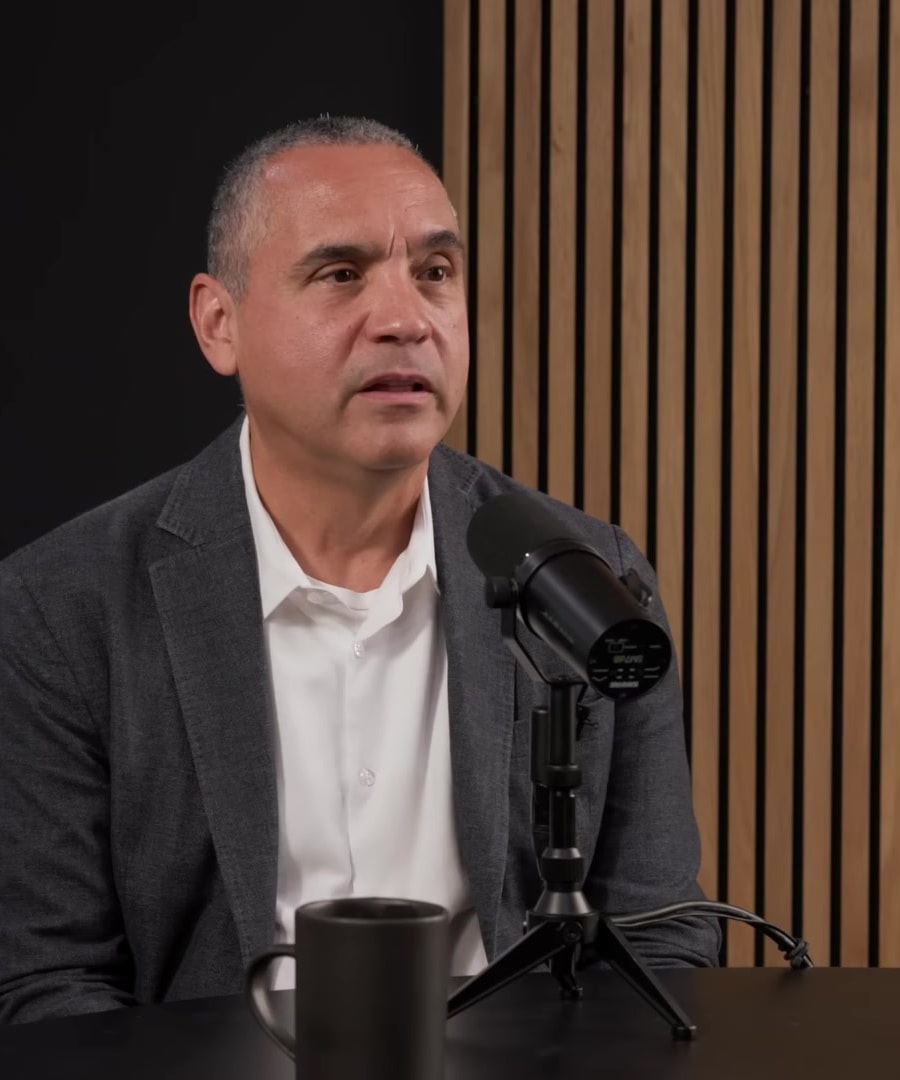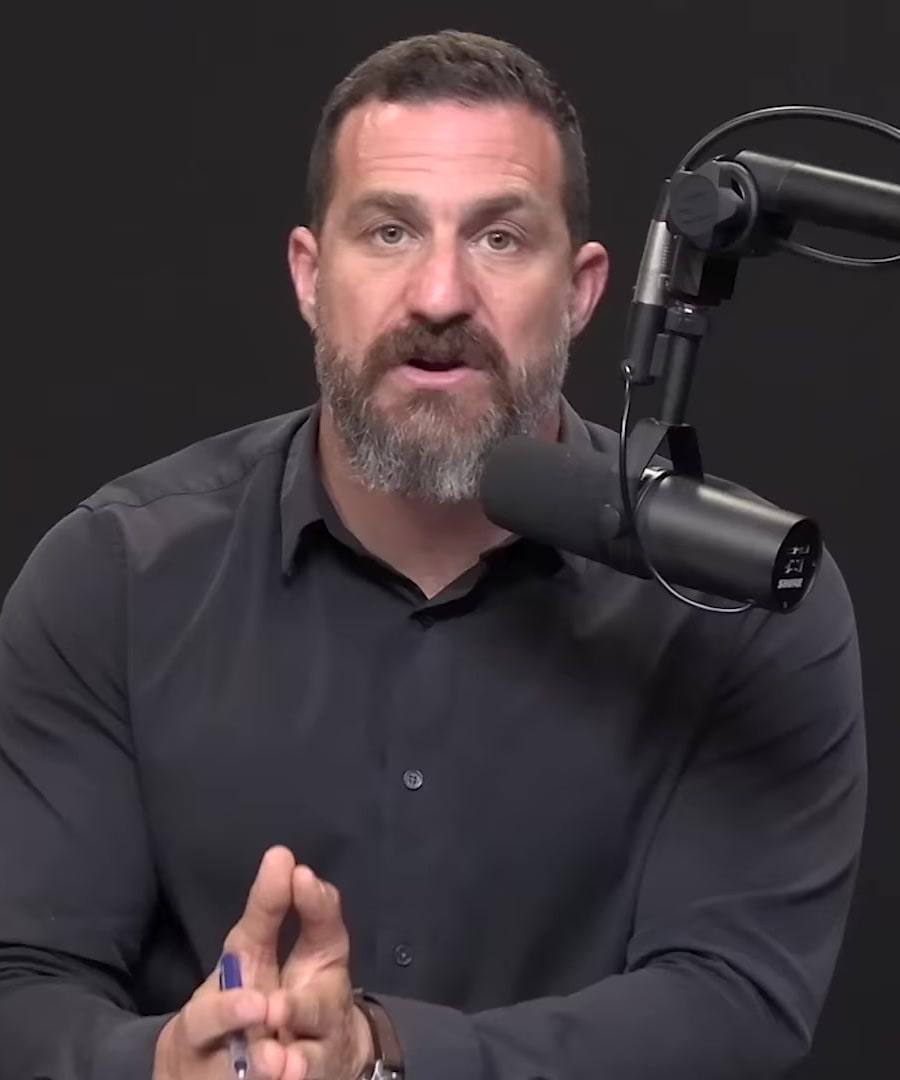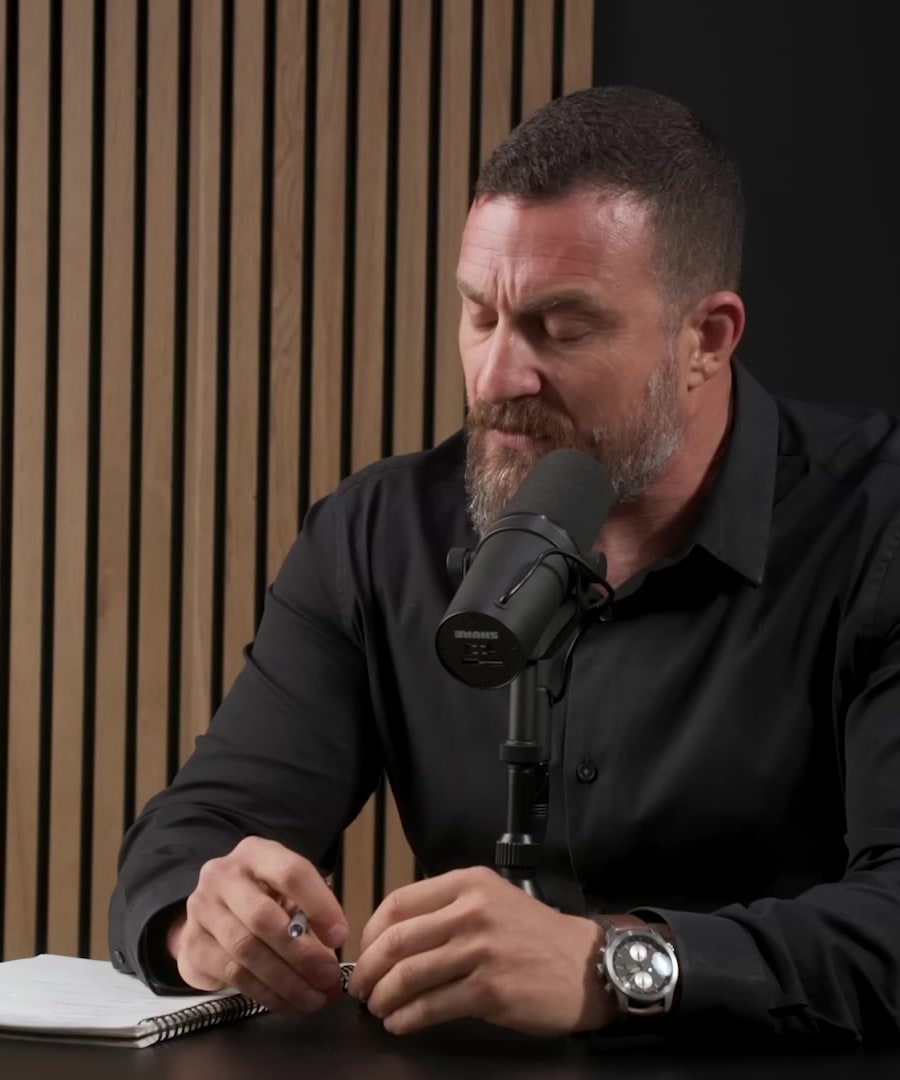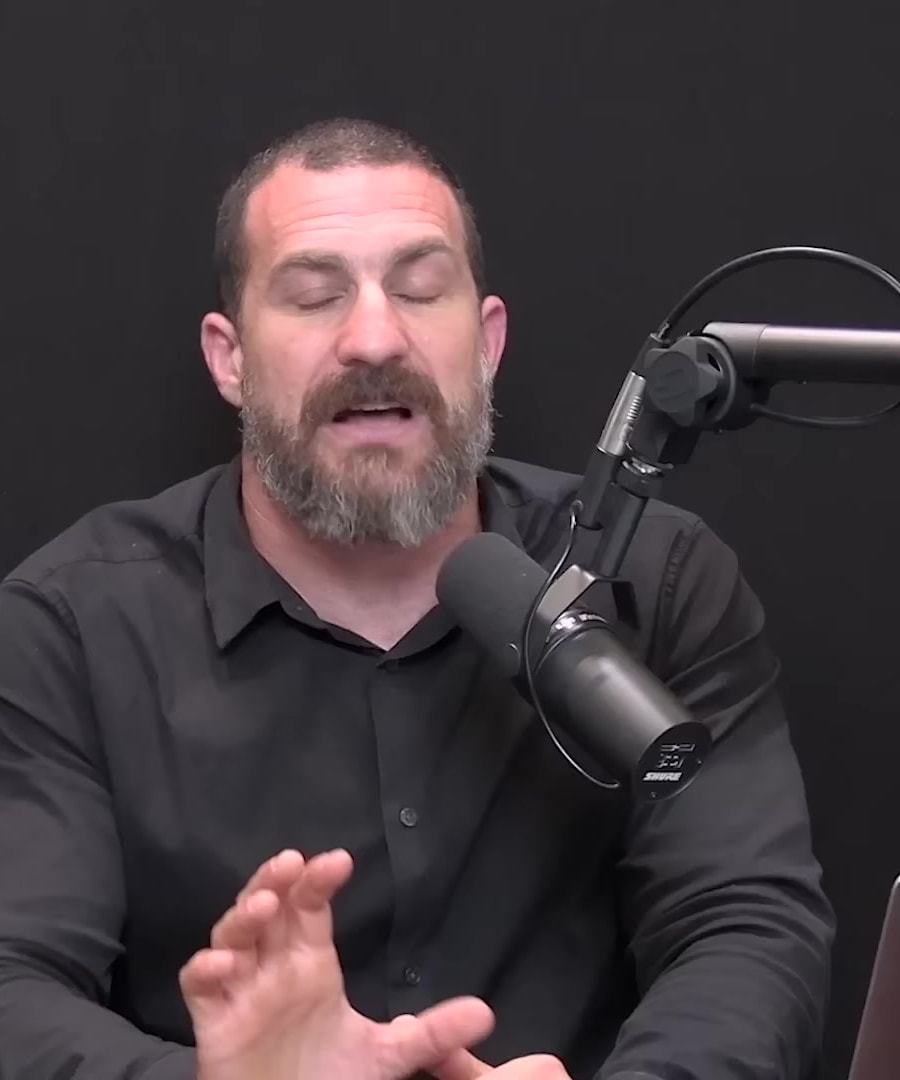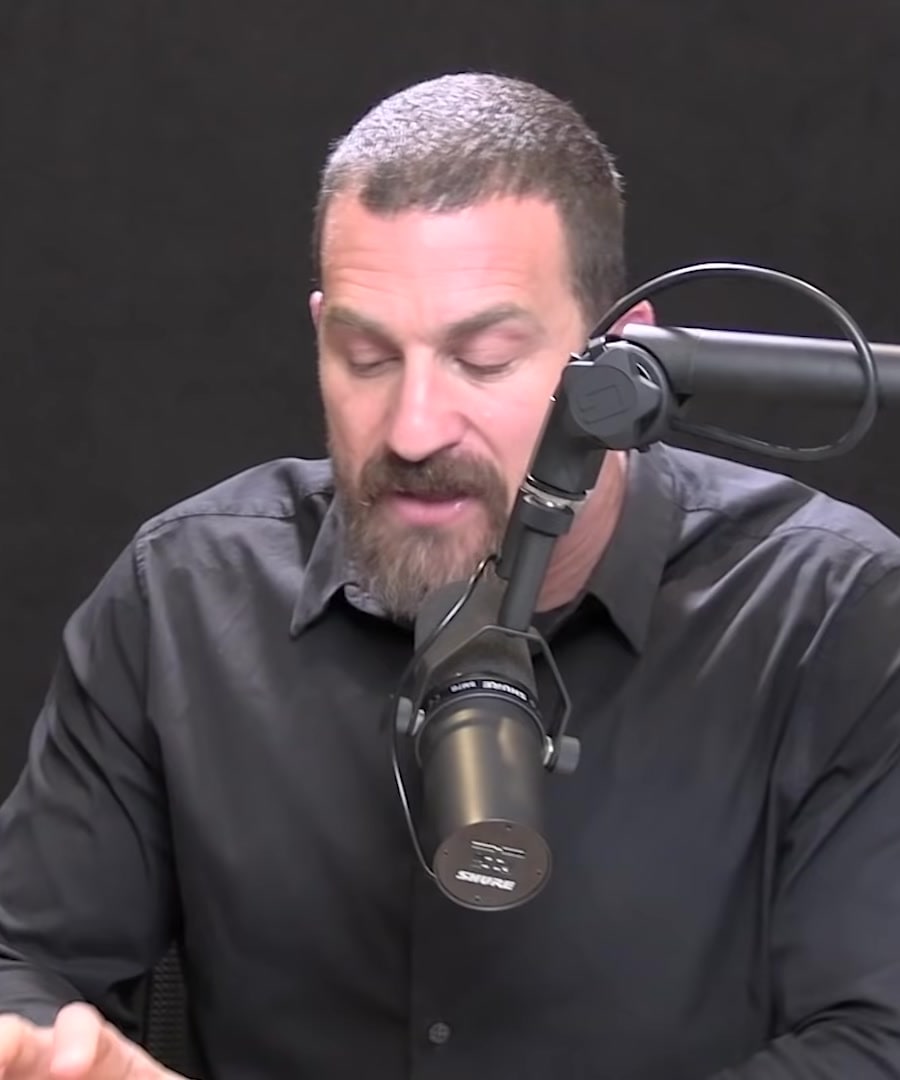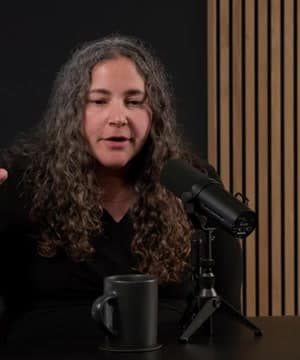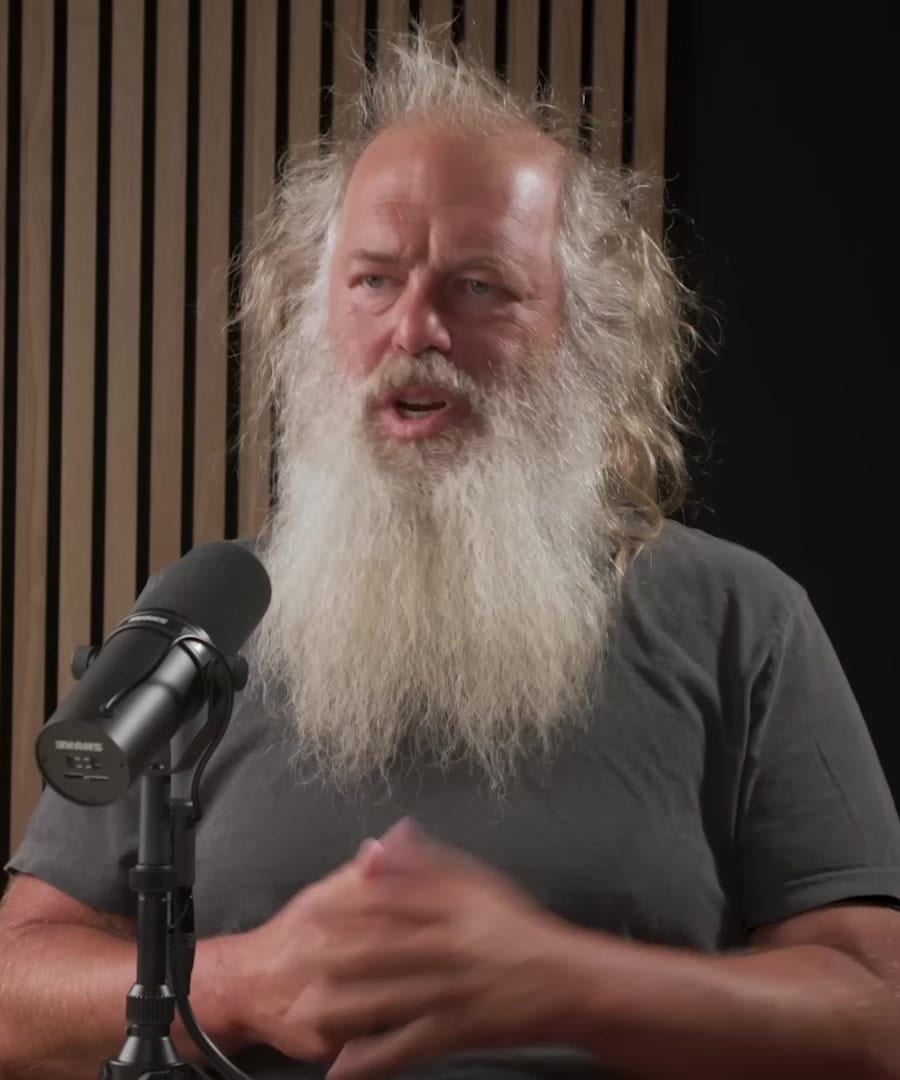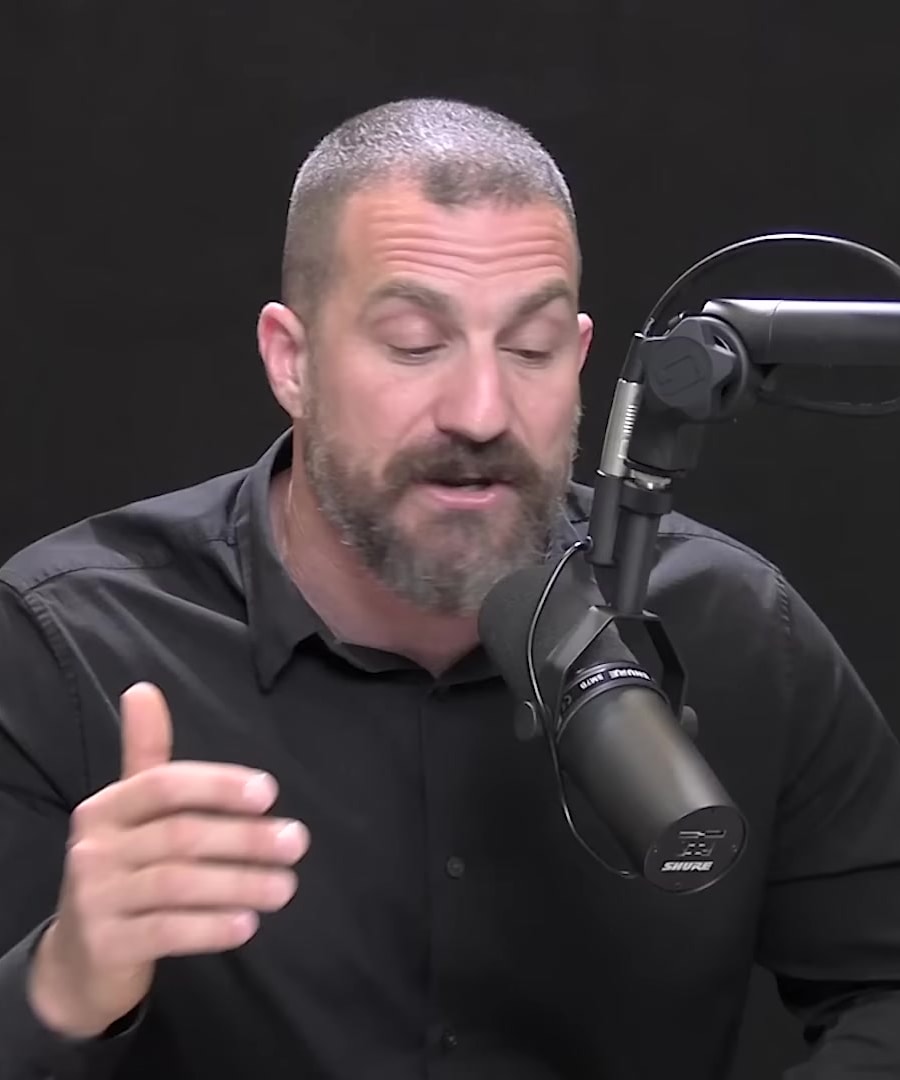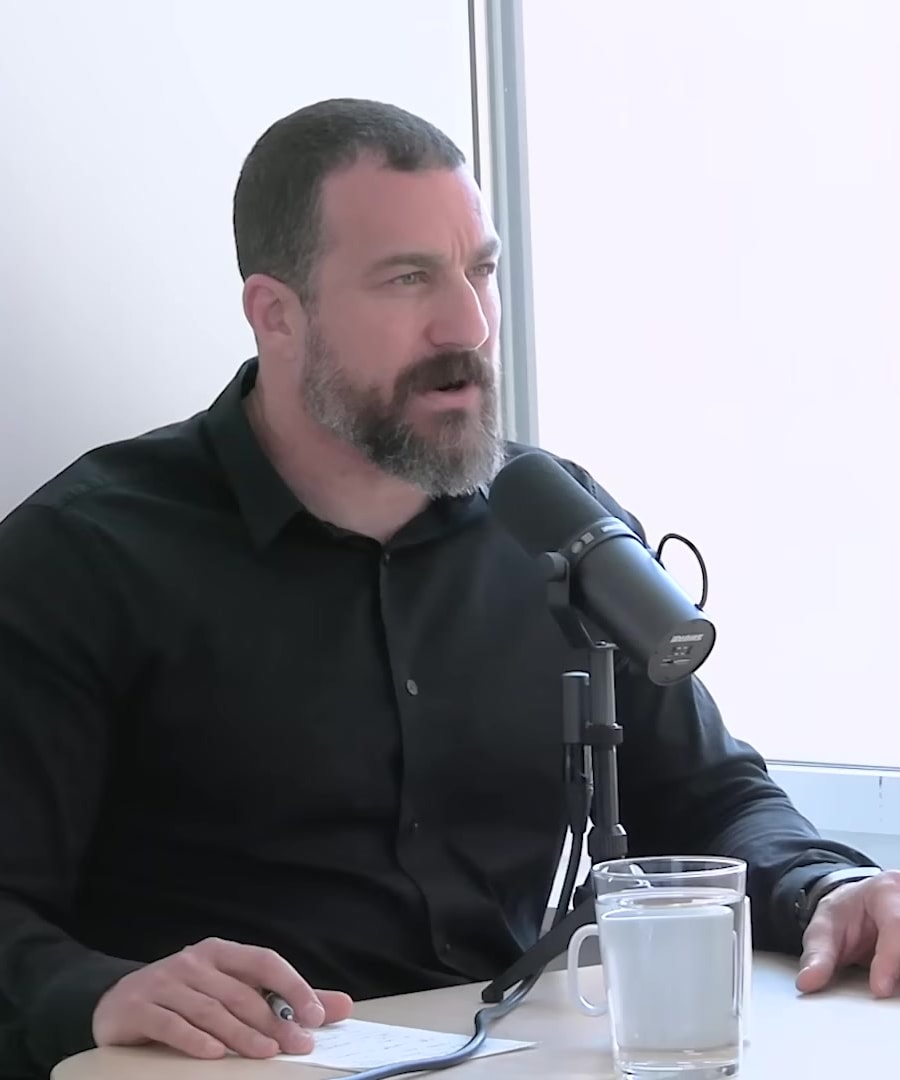best treatment for childhood repression
I couldn't find specific discussions on the treatment for childhood repression in the Huberman Lab data. However, treatments for childhood repression often involve approaches such as psychotherapy, cognitive-behavioral therapy (CBT), and trauma-informed care, focusing on creating a safe space for exploration and healing.
If you have a related topic or specific concerns about childhood experiences, please let me know and I can help find more relevant information.
RELATED QUESTIONSWhat therapies treat childhood repression?
There are no specific clips or discussions from Huberman Lab regarding therapies that treat childhood repression. However, common therapeutic approaches generally include:
- Psychotherapy: Various forms, such as talk therapy, help individuals explore their feelings and experiences.
- Cognitive-Behavioral Therapy (CBT): Focuses on changing negative thought patterns and behaviors.
- Trauma-Informed Care: Emphasizes understanding the impact of trauma and creating a supportive environment for healing.
- Play Therapy: Particularly useful for younger children, allowing them to express feelings through play.
- Art or Music Therapy: Provides alternative avenues for expression and processing emotions.
If you are interested in specific aspects or other related topics, feel free to ask!
RELATED QUESTIONSWho are experts on childhood repression?
Sources:
Experts on childhood repression and related topics include:
-
Dr. Victor Carrión
- Title: Professor of Child Psychiatry at Stanford
- Description: Renowned for his expertise in treating PTSD across age groups.
- Appearance: Featured on the .
-
Dr. Allan Schore
- Title: Psychologist and Neuropsychologist at UCLA
- Description: Focuses on childhood attachment patterns and their long-term effects.
- Appearance: Featured on the .
-
Dr. Oded Rechavi
- Title: Researcher at Tel Aviv University
- Description: Expert on how experiences influence gene inheritance and memory.
- Appearance: Featured on the .
-
Dr. David Spiegel
- Title: Psychiatry Professor at Stanford
- Description: Researches hypnosis, stress physiology, and psychotherapy.
- Appearance: Featured on the .
-
Esther Perel
- Title: Psychotherapist and Relationship Expert
- Description: Known for her work on modern relationships and their psychological underpinnings.
- Appearance: Featured on the .
These experts contribute valuable insights into childhood development, trauma, and emotional well-being.
RELATED QUESTIONS-
What are related childhood issues?
Sources:
Here are some childhood issues related to emotional development and mental health:
-
Childhood Trauma
Trauma can significantly alter the nervous system, leading to maladaptive behaviors and emotional responses. Adverse events may not always manifest as overt traumas; even common occurrences can cause lasting effects if not properly processed. Understanding trauma involves recognizing the confusion around responsibility in these moments, as highlighted by in discussions on the topic 1. -
Attachment Patterns
Early relationships with caretakers shape one's attachment style, influencing adult relationships and emotional health. Secure, anxious, or avoidant attachments have lasting impacts based on early interactions, with pivotal developmental stages occurring in the first two years of life 2. -
Neuroplasticity and Healing
Writing about traumatic experiences can promote positive mental shifts through neuroplasticity, which is the nervous system's ability to change in response to experiences. This flexibility means that early exposure to various experiences can reshape the brain in significant ways 3. -
Intergenerational Trauma
Evidence suggests that experiences of trauma can predispose future generations to similar issues, meaning that trauma doesn't just affect individuals but can also influence genetic markers that affect descendants 4. -
Mental Health Epidemic
The advent of smartphones and social media has led to rising mental health issues among youth, termed as "the great rewiring" of childhood. This evolution in social interaction and environment necessitates new strategies for fostering mental well-being in children 5. -
Rediscovery of Agency
Experiencing multiple failures or societal pressures can lead to feelings of demoralization and loss of agency. Recovering this sense of self often involves recognizing past strengths and understanding the internal pathways to regaining confidence and functionality 6.
These issues highlight the complex interplay between early childhood experiences and their long-term effects on emotional and psychological health.
RELATED QUESTIONS-
What does Dr. Victor Carrión emphasize?
Sources:
Dr. Victor Carrión, a renowned expert on trauma and PTSD, emphasizes several key concepts in his discussions on childhood trauma and mental health:
-
Importance of Listening
Dr. Carrión highlights the critical role of listening in understanding experiences of trauma. He believes that creating supportive spaces for individuals, especially children, fosters an environment where they can identify their strengths and feel less isolated in their struggles 1. -
Children's Vulnerability
He asserts that children are more vulnerable to PTSD compared to adults due to their developing brains, which are highly plastic. This plasticity makes them susceptible to both negative and positive impacts from their environments. Dr. Carrión advocates for protective measures and interventions to help children develop resilience 2. -
Hybrid Treatment Approaches
Dr. Carrión has developed innovative treatment methods like Q Center therapy, which address cumulative trauma rather than focusing on individual traumatic events. This multimodal approach combines cognitive behavioral therapy with other elements such as self-efficacy and empowerment, aiming for greater therapeutic effects 3. -
Mindfulness and Education
He emphasizes the integration of mindfulness and yoga into school curriculums, training teachers rather than relying on external instructors. This initiative aims to enhance student well-being and create a supportive environment that can positively impact mental health 4. -
Research and Collaboration
Dr. Carrión is involved in research that spans from molecular genetics to practical interventions, exemplifying the need for collaboration across different scientific disciplines. This holistic approach aims to identify protective factors against stress and PTSD 5.
Overall, Dr. Carrion's work underscores the interplay of psychological, biological, and environmental factors in trauma recovery, advocating for innovative and comprehensive strategies in mental health interventions for children.
RELATED QUESTIONS-
Which books cover childhood repression?
It appears that there are no specific clips from the Huberman Lab podcast that mention books covering childhood repression. However, discussions about childhood trauma and mental health often reference a variety of literature. While I can't provide specific book titles from recent episodes, you may consider exploring books on childhood trauma, psychology, and developmental psychology for insights into childhood repression.
If you're looking for specific recommendations or insights related to childhood repression, I can help summarize key concepts from relevant episodes or clips on the topic. Let me know how you would like to proceed!
RELATED QUESTIONSAny book recommendations on psychological trauma?
Sources:
A noteworthy book on psychological trauma mentioned by in a recent episode of the is "The Body Keeps the Score" by Bessel van der Kolk. This book explores how trauma affects the body and mind and emphasizes the importance of understanding the neurological basis of trauma and its effects.
In the discussion, Huberman highlights that while the book is pioneering in its approach, he clarifies that trauma isn't stored in the body per se; rather, it's the activation of neural circuits related to the experiences that persist. He acknowledges the book's value in shedding light on trauma treatment and its impact on mental health 1.
If you're interested in more resources or specific topics related to trauma, let me know!
RELATED QUESTIONSOther experts on psychological trauma?
Sources:
Here are some experts in psychological trauma you might find insightful:
-
Allan Schore
- Title: Psychologist and Neuropsychologist at UCLA
- Expertise: Childhood attachment patterns and their impact on adult relationships.
- Relevant Works: Author of "Right Brain Psychotherapy" and "Development of the Unconscious Mind."
- Podcast Appearance: Featured on the .
-
Esther Perel
- Title: Psychotherapist and Relationship Expert
- Expertise: Modern relationships and trauma's impact on relationships.
- Relevant Works: Author of "Mating in Captivity."
- Podcast Appearances: Featured in the and several others.
-
Victor Carrión
- Title: Professor of Child Psychiatry at Stanford
- Expertise: Understanding and treating PTSD across all ages.
- Podcast Appearance: Featured in the .
-
James Hollis
- Title: Jungian Psychoanalyst and Author
- Expertise: Psychology of relationships and trauma healing.
- Podcast Appearances: Featured in the .
-
David Spiegel
- Title: Psychiatry Professor at Stanford
- Expertise: Hypnosis, stress physiology, and psychotherapy.
- Podcast Appearances: Featured in the .
-
Paul Conti
- Title: Psychiatrist and Author
- Expertise: Trauma recovery and emotional health.
- Podcast Appearance: Featured in the .
These experts offer various perspectives and insights on trauma, its effects, and healing processes. If you need more specific information about their works or appearances, feel free to ask!
RELATED QUESTIONS-
What are related psychological topics?
Sources:
Here are some related psychological topics that are often discussed in the context of mental health and trauma:
-
Psychedelics and the Mind
- Psychedelics can unveil hidden aspects of the mind, such as repressed memories and emotional insights. They help catalyze therapeutic breakthroughs by bringing up material of therapeutic value 1.
-
Delayed Gratification
- The ability to delay gratification varies between individuals with OCD and those with obsessive-compulsive personality disorder, influencing their life outcomes. This topic explores how compulsive behaviors can affect psychosocial functioning and success 2.
-
Physiological Synchronization and Social Bonds
- Quality social bonds are closely linked to physiological synchronization between individuals. This connection emphasizes the reciprocal relationship between emotional states and physiological responses, particularly in family dynamics and friendships 3.
-
Happiness and Emotional Contagion
- Happiness is often influenced by the emotional well-being of those around us, illustrating how emotional states can be contagious. The emotional health of loved ones can significantly impact individual happiness, highlighting the importance of nurturing relationships 4.
These topics shed light on the intersection of psychological theories and real-world applications, especially in understanding trauma, relationships, and mental health. If you would like to delve deeper into any specific topic, just let me know!
RELATED QUESTIONS-
repressed memories
Sources:
Repressed memories are a complex and often controversial topic in psychology. Here are some insights based on discussions from the Huberman Lab podcast:
-
Definition and Context:
- Repressed memories refer to memories that individuals unconsciously block from their conscious awareness, often due to trauma or emotional distress. They may surface unexpectedly, particularly in altered states of consciousness such as during therapy or under the influence of psychedelics 1.
-
Psychedelics and Memory:
- In a discussion with Dr. Robin Carhart-Harris, the use of psychedelics like LSD and psilocybin was highlighted for their ability to uncover repressed memories. These substances may catalyze therapeutic breakthroughs by bringing forth traumatic memories that were previously hidden, facilitating emotional release and insight during therapy 1.
-
Memory and False Narratives:
- Andrew Huberman emphasized the phenomenon of confabulation, where individuals with memory deficits can create elaborate stories that they genuinely believe, even if they are not grounded in reality. This is particularly relevant in the context of repressed memories, as it demonstrates how memories can be distorted or fabricated based on suggestion or stressful events, raising concerns in legal and therapeutic settings 2.
-
Fear Retelling Process:
- In addressing trauma, the process of recounting traumatic events in therapy is crucial. Each retelling can diminish the emotional charge associated with the memory, a process known as fear extinction. This method helps individuals disconnect the intense emotional responses from the memory, making it less traumatic over time 3.
-
Evolutionary Perspective:
- The brain's tendency to create strong memories of negative or traumatic events is seen as an evolutionary advantage, ensuring survival by allowing individuals to remember dangers encountered in the past. This mechanism is linked to the brain's emotional centers, such as the amygdala and hippocampus, which are involved in forming lasting memories related to fear and trauma 4.
If you have further questions or need more detailed information on specific aspects of repressed memories, let me know!
RELATED QUESTIONS-
best treatment for childhood repression
- RELATED QUESTIONS
What therapies treat childhood repression?
- RELATED QUESTIONS
Who are experts on childhood repression?
- RELATED QUESTIONS
What are related childhood issues?
- RELATED QUESTIONS
What does Dr. Victor Carrión emphasize?
- RELATED QUESTIONS
Which books cover childhood repression?
- RELATED QUESTIONS
Any book recommendations on psychological trauma?
- RELATED QUESTIONS
Other experts on psychological trauma?
- RELATED QUESTIONS
What are related psychological topics?
- RELATED QUESTIONS
repressed memories
- RELATED QUESTIONS
